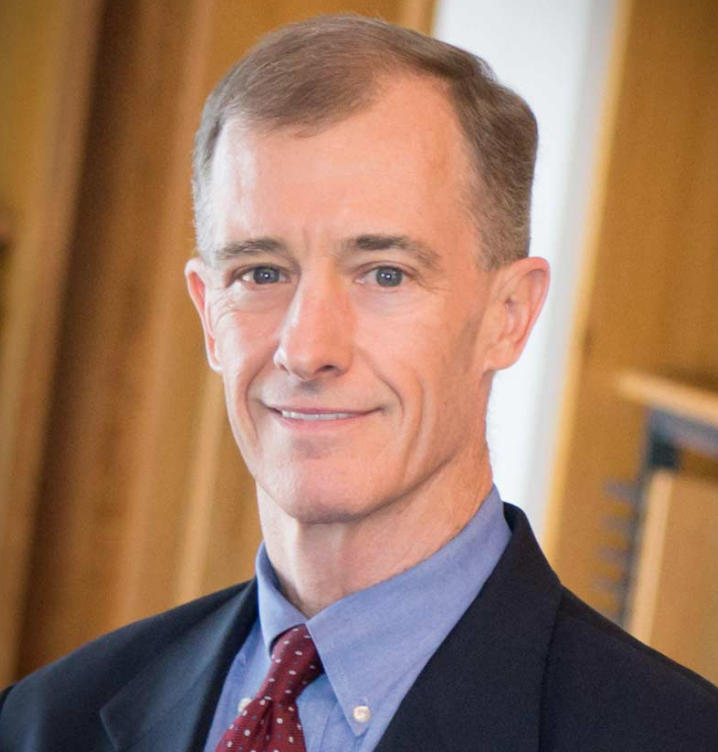We Need to Listen to Care About Others

As a child, I would sometimes reply to my parents’ questions with “I don’t care.” My parents, especially my mother, did not “care” for my perspective. Invariably, she would calmly but quickly respond: “Honey, let’s not say that. You should care about everything.” Now, when I’m in a “not caring” mood, I again hear my mom’s words of wisdom.
Is There a Cure for Tribal-Based Hatred in our Country?
As we await a COVID-19 vaccine, I often wonder about a more important antidote for our time. Is there any potential for a shot or a pill for the divisive poison of hatred and discrimination? The recent political campaigns and presidential election illuminated our country’s charged and often violent polarization. We have degenerated into an “us and them” culture.
Although it isn’t easy, we can change and start to unite, regardless of political leaders. It requires intention, hard work, and time at the grassroots level — person to person. Without question, the time is now for us to start the hard work toward a mindset that translates into peaceful change. Let’s transition from a guarded tribalism to a tolerant and respectful people.
What does it mean to “care” about people who are different from our “crowd”? Care begins with dissolving prejudice by empathetically listening to others and seeking common ground instead of staying preoccupied with differences. Let’s free ourselves from polarization.
The Necessity of Mindful Listening
Listening is a lost art. Resolve and practice make listening a habit where we pay attention to and even learn from other viewpoints in faith, political, racial, and other potentially divisive contexts. Regarding faith- related accord within my Christian tradition, the author of the Book of James wisely instructs his readers: “You must understand this, my beloved: let everyone be quick to listen, slow to speak, slow to anger” (Jas. 1:19).
In a broader sense expanding beyond religious matters and into political, international, and racial contexts, the prolific, peace-oriented Buddhist writer, Thich Nhat Hanh, offers incredible insight. In his book, Living Buddha, Living Christ (Riverhead Books 1995), he focuses primarily on parallels between Buddhism and Christianity, including comments adding in Judaism and Islam. Emerging from French oppression of Buddhists by so-called Christians interested in political domination during colonization of Vietnam and his later banishment from home because he advocated peace instead of war, Hanh has “standing” to address reconciliation.
Hanh importantly observes: “When participants are willing to learn from each other, dialogue takes place just by their being together.” Further per Hanh: “For dialogue to be fruitful, we need to live deeply our own tradition and, at the same time, listen deeply to others. Through the practice of deep looking and deep listening, we become free, able to see… values in our own and others’ tradition” (emphasis added). Hanh’s wisdom applies well beyond purely religious contexts.
Authentically listening means respectfully appreciating another’s perspective without compromising one’s own views. Today in our fractured country, we immediately need peaceful and constructive dialogue toward peace, tolerance, and understanding.
Find Common Ground and Actualize it Together
After listening to another, we should find commonalities. What do we both think are priorities in life? We can endeavor to discover or even create via dialogue action-based common interests. How about simply doing good for others, such as working together to help people who are suffering or in need? That is a good, healing starting point.
America is polarized and in trouble. We must begin working now to peacefully transform hatred into tolerance. Starting with inclusive dialogue and moving toward practically working together to address shared concerns, we might experience the needed healing effect toward eliminating group-based hatred and judgment. Time is of the essence. Let’s not wait any longer to get to work.

